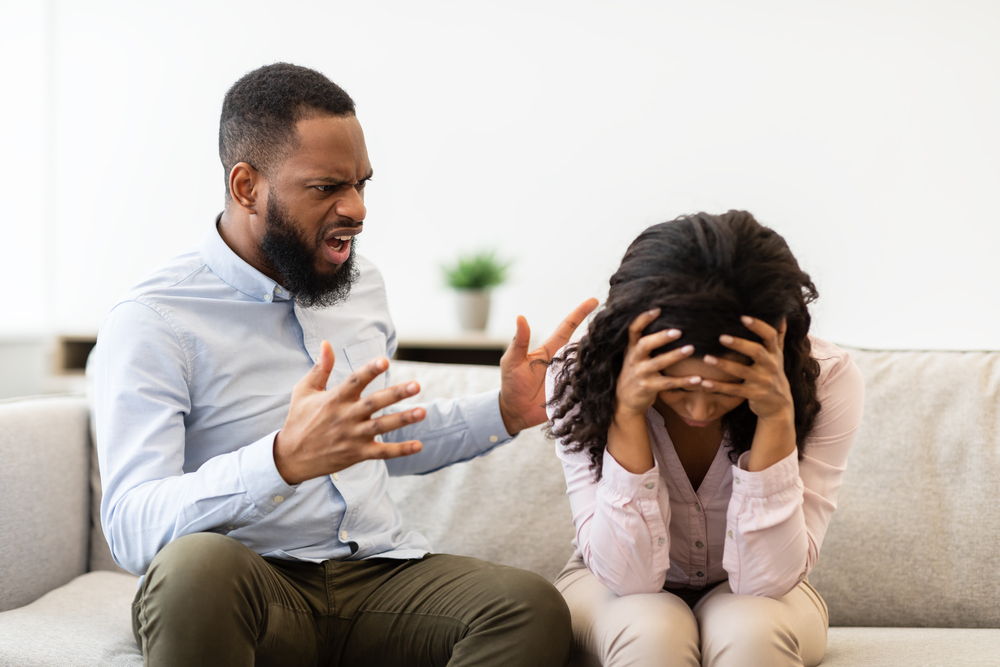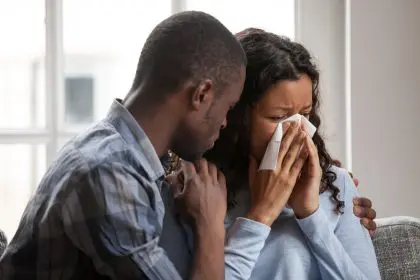In any relationship, whether romantic, familial, or platonic, understanding the dynamics and behaviors that affect both parties is crucial. Healthy relationships are built on trust, communication, and mutual respect. However, when these elements begin to erode, it can be challenging to recognize the signs that therapy might be beneficial. Seeking therapy is not an admission of failure but rather a proactive step towards healing and improvement. This article explores relationship behaviors that suggest it might be time to consider therapy, providing insight into how professional help can foster healthier interactions and personal growth.
Constant and unresolved conflicts
One of the most telling signs that therapy might be necessary is the presence of constant and unresolved conflicts. Disagreements are natural in any relationship, but when conflicts become a regular occurrence and remain unresolved, they can indicate deeper underlying issues. If you and your partner find yourselves arguing about the same issues repeatedly without reaching a resolution, it might be time to seek professional help. A therapist can provide tools and strategies to communicate more effectively and find common ground, helping to break the cycle of ongoing disputes.
Breakdown in communication
Effective communication is the cornerstone of any healthy relationship. When communication breaks down, misunderstandings and frustration often follow. If you notice that conversations with your partner are frequently misunderstood, or if you both avoid discussing important topics altogether, this could be a sign that therapy is needed. A therapist can facilitate open and honest communication, helping both parties to express their feelings and needs in a constructive manner.
Emotional distance and detachment
Feeling emotionally distant or detached from your partner can be a red flag. Emotional intimacy is essential for a strong connection, and when this intimacy is lacking, it can lead to feelings of loneliness and isolation within the relationship. If you or your partner seem emotionally withdrawn, uninterested in spending time together, or if there is a noticeable decrease in affection, therapy can help. A professional can assist in identifying the root causes of this detachment and work on rebuilding emotional closeness.
Trust issues
Trust is fundamental to any relationship. When trust is broken, whether through infidelity, dishonesty, or other breaches, it can be incredibly challenging to repair. If you find yourself constantly doubting your partner’s actions or intentions, or if your partner expresses similar doubts about you, it’s a clear indicator that therapy could be beneficial. A therapist can help address the trust issues and guide you through the process of rebuilding trust and establishing healthier boundaries.
Recurrent negative patterns
Every relationship has its unique patterns, but when these patterns become negative and repetitive, they can be damaging. This might include cycles of blame, criticism, or defensiveness that prevent constructive resolution of conflicts. Recognizing these patterns and understanding their impact on your relationship is the first step toward change. Therapy can offer insights into why these patterns occur and provide strategies to break them, fostering a more positive and supportive interaction.
Lack of intimacy
Intimacy, both physical and emotional, is a crucial component of a healthy relationship. A significant decline in intimacy, whether it’s a lack of physical affection or emotional sharing, can indicate underlying issues that need to be addressed. If you or your partner feel disconnected or if there’s a noticeable absence of closeness, seeking therapy can help. A therapist can work with you to explore the factors contributing to this lack of intimacy and help you reconnect on a deeper level.
Unresolved trauma
Past trauma can have a profound impact on current relationships. If either partner has unresolved trauma, it can manifest in various ways, including anxiety, depression, or difficulty in trusting others. Therapy can provide a safe space to address these traumas and their effects on the relationship. By working through these issues with a professional, both partners can gain a better understanding of how past experiences influence current behaviors and work towards healing and building a stronger bond.
Feeling stuck
Feeling stuck in a relationship, where there’s a sense of stagnation or lack of progress, can be frustrating and demoralizing. This feeling might stem from various issues, including unresolved conflicts, unmet needs, or a lack of shared goals. If you and your partner feel like you’re in a rut and unable to move forward, therapy can offer a fresh perspective. A therapist can help identify the factors contributing to this feeling and work with you to develop a plan for growth and improvement.
Power imbalances
Healthy relationships are based on equality and mutual respect. However, when there’s a significant power imbalance, it can lead to feelings of resentment, frustration, and inequality. This imbalance might manifest as one partner making all the decisions, controlling finances, or exerting dominance in various aspects of the relationship. Recognizing and addressing these power dynamics through therapy can help restore balance and ensure that both partners feel valued and respected.
Recognizing relationship issues and seeking help
Recognizing the signs that therapy might be beneficial is a crucial step towards fostering a healthier and more fulfilling relationship. Constant conflicts, breakdowns in communication, emotional distance, trust issues, negative patterns, lack of intimacy, unresolved trauma, feelings of being stuck, and power imbalances are all indicators that professional help may be needed. Therapy provides a safe and supportive environment to address these issues, offering tools and strategies to build stronger, more resilient relationships. Taking the step to seek therapy is not a sign of weakness but rather a commitment to personal growth and the well-being of your relationship. By addressing these behaviors and working towards positive change, you can create a healthier, happier connection with your partner.
This story was created using AI technology.












